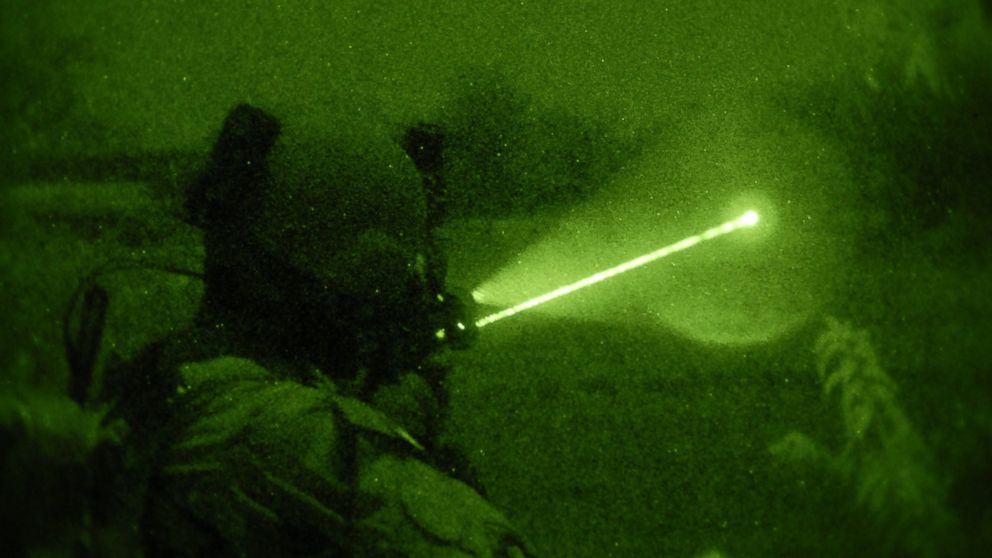The Secret Battles Between US Forces and Chechen Terrorists
Militants fighting for Taliban, al Qaeda linked to Olympics extremist threat.

Feb. 19, 2014— -- For the last 12 years, U.S. Special Operations forces have repeatedly engaged in fierce combat in Afghanistan against ruthless Taliban allies from Chechnya, who have the same pedigree as their terrorist brethren threatening to disrupt the Winter Olympics in Russia, current and former commandos tell ABC News.
"I'd say Chechens were a fair percentage of the overall enemy population early in Operation Enduring Freedom," recalled an active-duty senior Special Operations officer, referring to the Pentagon's name for the Afghan war, in which he was among the first ground operatives.
Since the U.S. war in Afghanistan began after September 11, elite U.S. troops' border battles with Chechen jihadis based in Pakistan's tribal safe havens have mostly stayed hidden in the shadows of a clandestine conflict. Special Operations missions are classified secret by default and rarely publicized.
Chechens joining the Taliban and al Qaeda-aligned militias stood out for their ferocity and refusal to surrender, operators with considerable experience in eastern Afghanistan revealed in recent interviews.
"Chechens are a different breed," a Special Forces soldier who has fought them told ABC News.
"They fight till they die. They have more passion, more discipline and less regard for lives," said the soldier, who did ten tours hunting high-value targets in Afghanistan. "A few of them could have just given up but decided they needed to die."
As recently as two years ago, NATO's International Security Assistance Force (ISAF) in Afghanistan reported that scores of foreign fighters including Arabs and Chechens were killed in one major battle with U.S. forces along the border with Pakistan.
Even some of Chechnya's infamous "black widows" -- with an ideological kinship to those Russian forces recently searched for in Sochi -- may have gathered in Pakistan in late 2006 for planned suicide bombings in Kabul, according to an ISAF combat report obtained and released by Wikileaks. No evidence exists that any such attacks were ever carried out, however.
Many Chechens, including veterans of the Afghan fight, are waging war now in Syria against Bashar al Assad's troops, according to experts and jihadi statements.
Numerous U.S. intelligence reports released by Wikileaks said Chechens were serving as trainers and combatants crossing from Pakistan into Afghanistan to fight and die, an assessment sometimes based on intercepts from Taliban radio and cell phone chatter.
Islamist militants from groups in the North Caucasus region -- such as the "Caucasus Emirate," whose leader Doku Umarov last July threatened to attack the Sochi Olympics -- have primarily fought Russian forces in Chechnya and Dagestan and targeted civilians in Russia in brutal terrorist attacks since the early 1990s. Al Qaeda-core in Pakistan has endorsed these attacks but hasn't provided much operational support, experts said.
Another highly decorated special operator whose nine deployments to Afghanistan began in late 2001, compared Chechen jihadis his units sometimes encountered to the Viet Cong guerrillas who U.S. Special Forces fought in the Vietnam War.
"What I always appreciated was their lack of tether. They will transplant anywhere. I don't think they ate or were even clear as to why they fight, wherever it is, but they're fighting most of the time. It's just a fire in their bellies. It's what they do," said the veteran special operator.




